- Home
- Tibet Tour Package
- Tibet Train
- Travel Guide infos
- Tibet Nepal Bhutan
Tibet Tour Package
- Join in Tibet Group Tours
- Private Tour Packages
- Tibet Tour Packages with other China Cities
Most popular Tibet Group Tours
-
11 Days Lhasa-Nyingchi-Yamdroktso-Shigatse-Mt. Everest-Namtso Lake Tour
-
12 Days Lhasa-Nyingchi-Yamdroktso-Shigatse-Mt. Everest-Namtso Lake Tour
-
9 Days Lhasa-Nyingchi-Yamdroktso-Shigatse Tour
-
9 days Lhasa-Yamdroktso-Shigatse-Mt. Everest-Namtso Lake Tour
-
7 Days Lhasa-Yamdroktso-Shigatse-Mt. Everest Tour
More Tibet Group Tours
Tibet Train
Train Tours to Tibet
Tibet Train
- Chongqing to Lhasa Train
- Lanzhou to Lhasa Train
- Zhengzhou to Lhasa Train
- Train Schedule and Price
- Tibet Train Travel Tips
- Qinghai Tibet Railway
- Tibet Train Facilities
- Lhasa Shigatse Train Travel
- Scenery along the Qinghai-Tibet Railway
- Qinghai-Tibet railway dining
- Oxygen Supply on Qinghai-Tibet Train
- Introduction of Sichuan-Tibet Railway
- Soft Sleeper Train Berths
- Tibet Nepal Railway
Travel Guide infos
Tibet Travel Guide
More about Tibet
Tibet Nepal Bhutan
More Tibet Nepal Bhutan
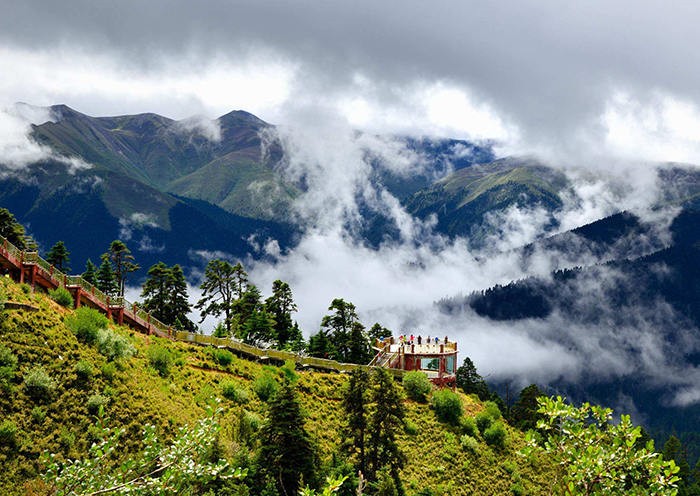
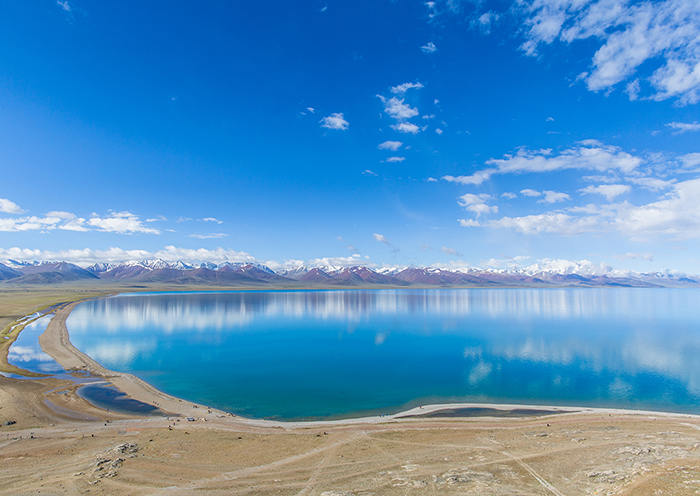
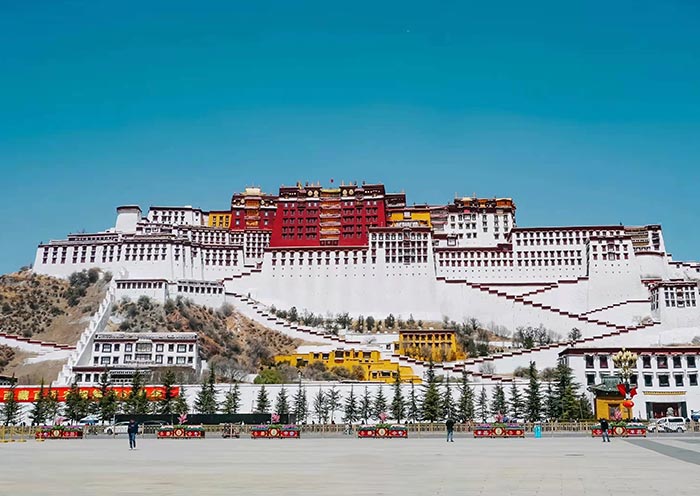
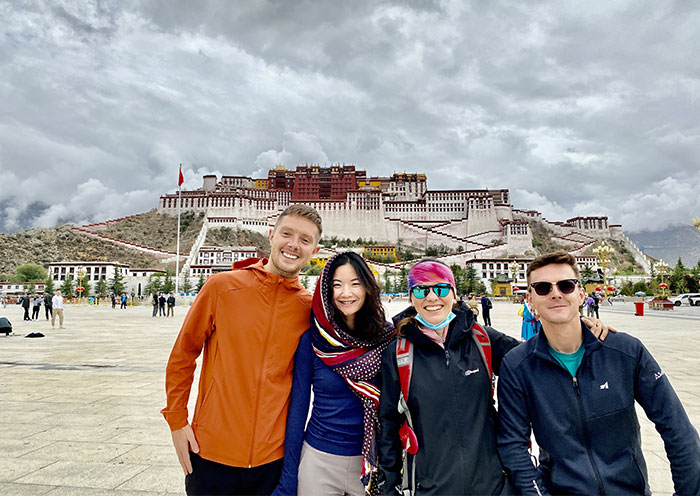
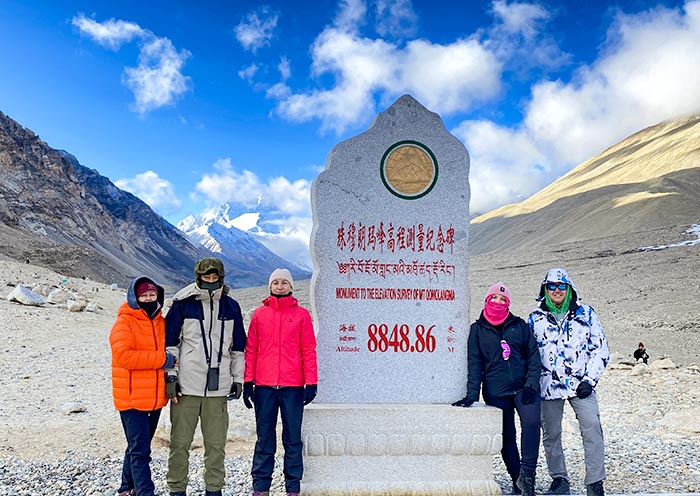



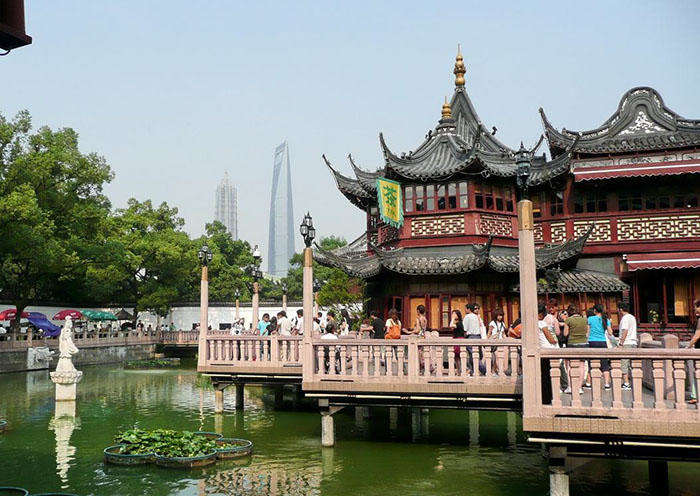
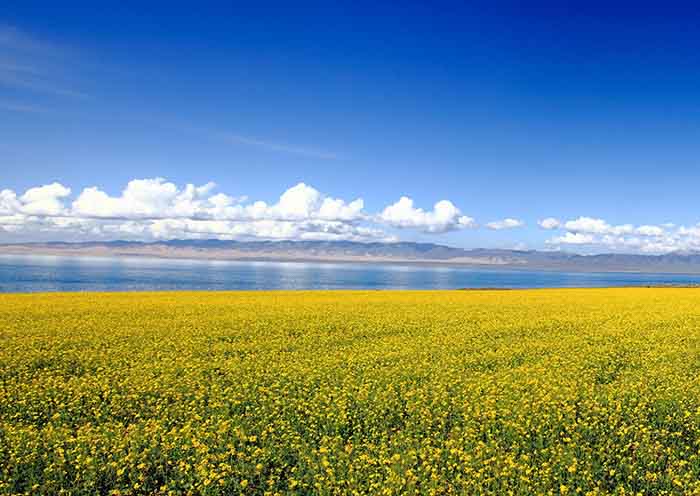
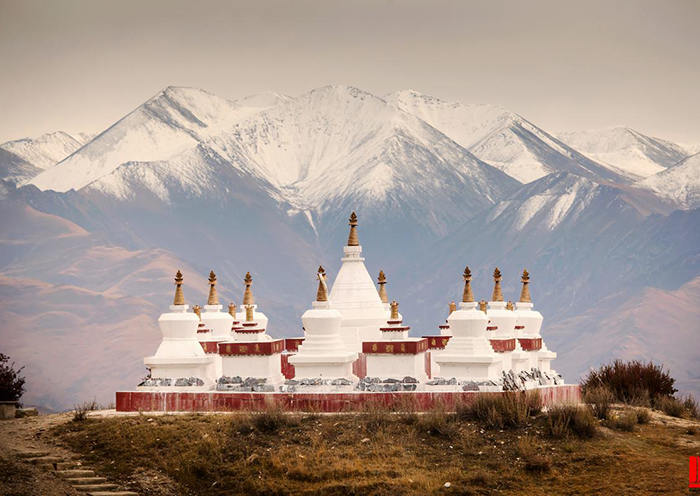
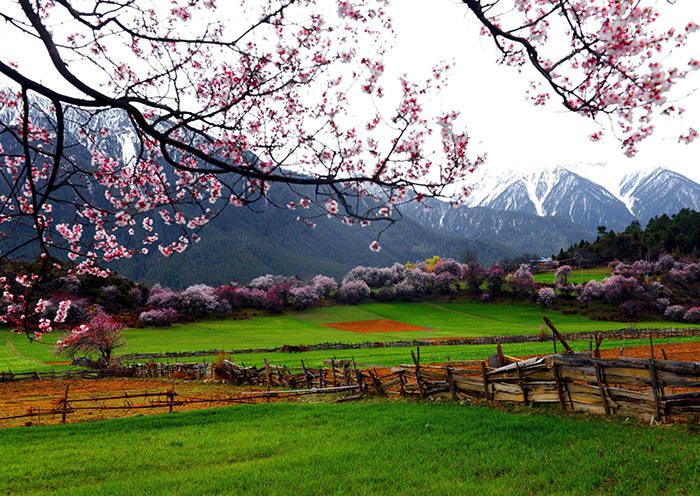
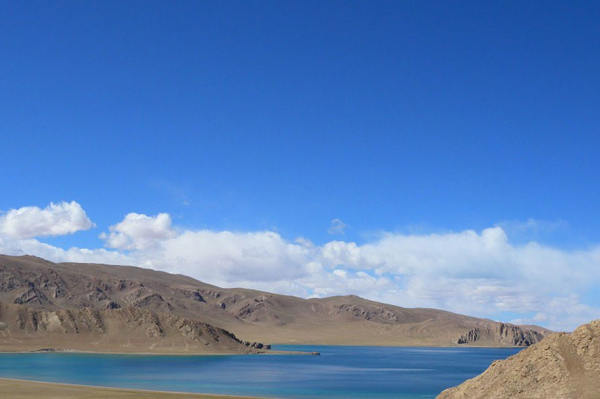
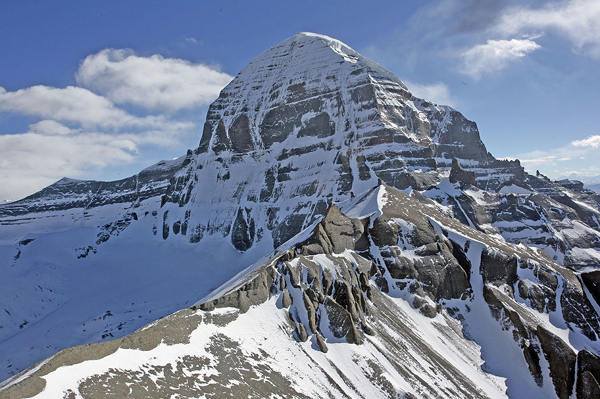
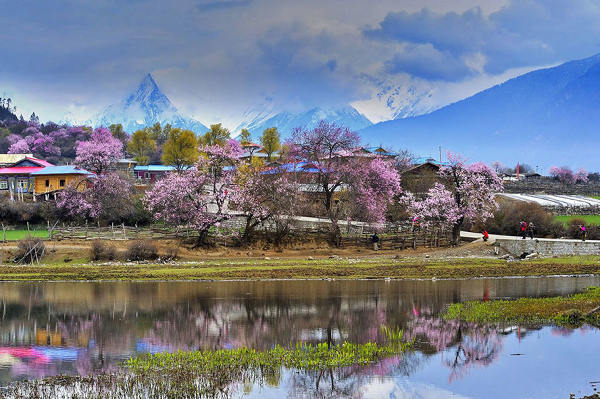
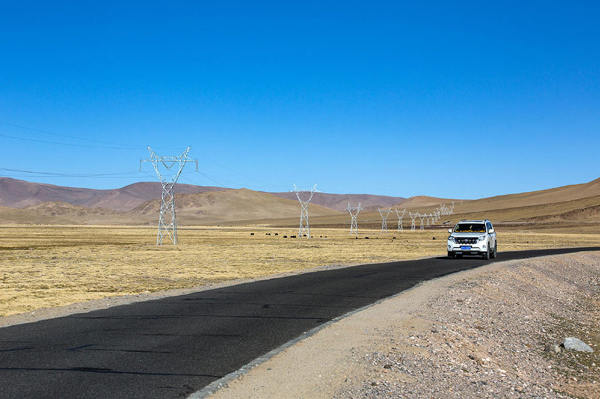

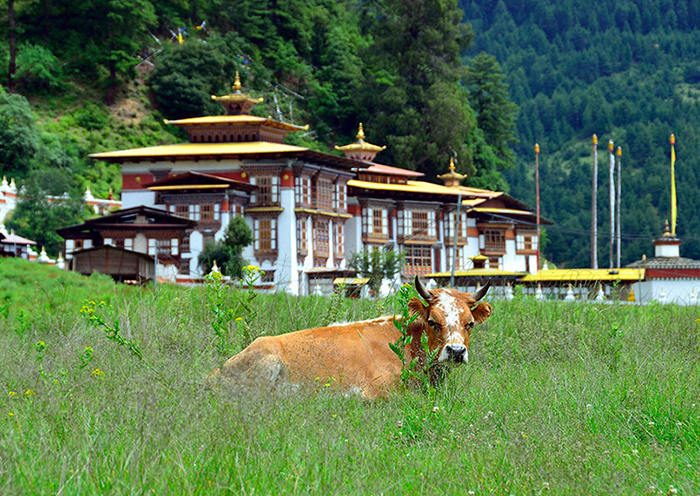
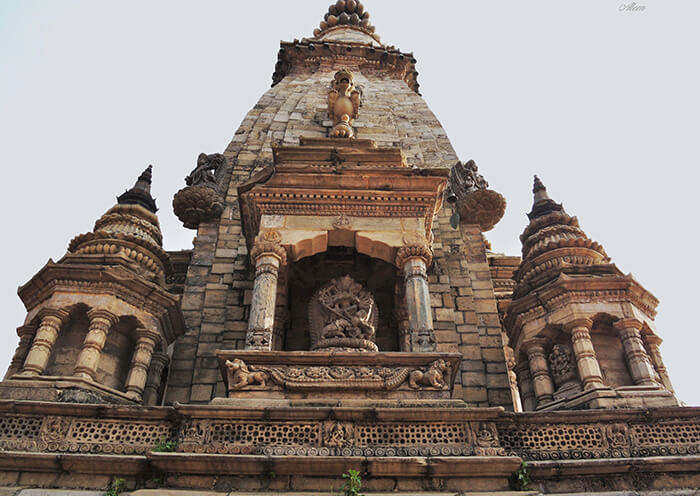
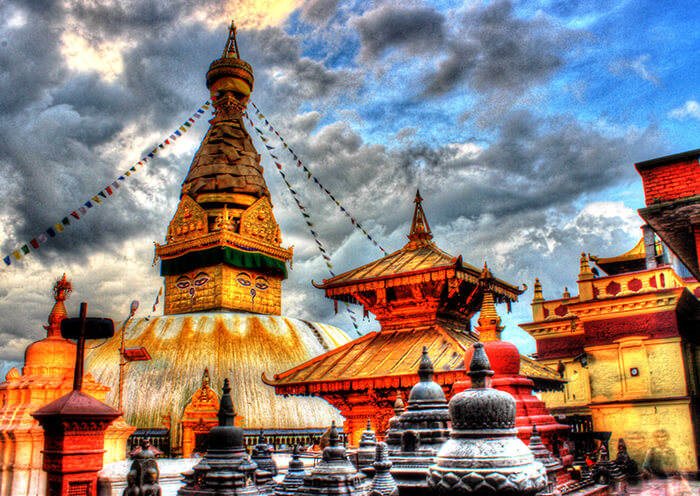
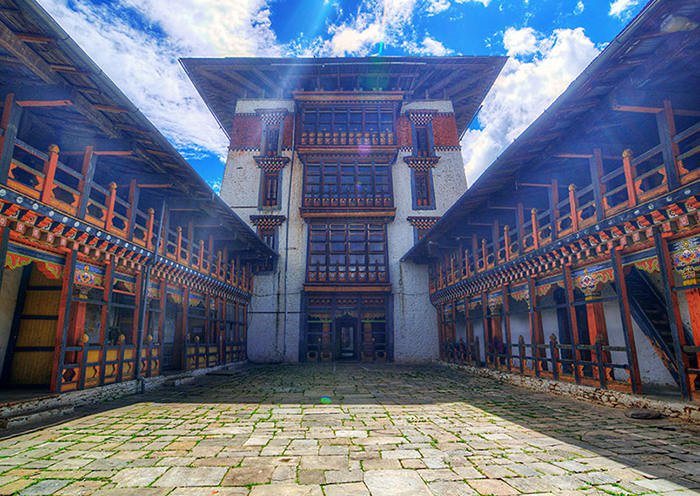

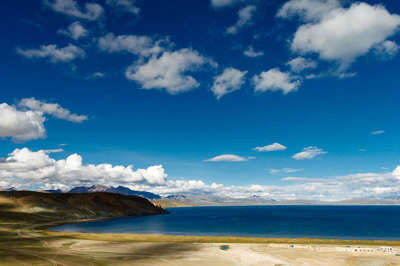
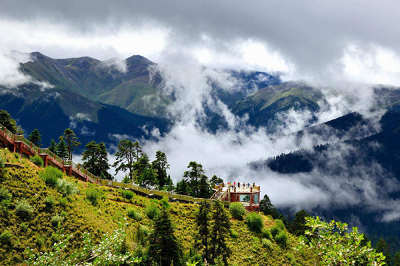
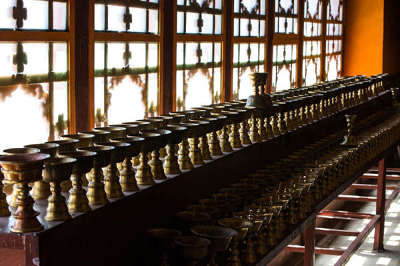
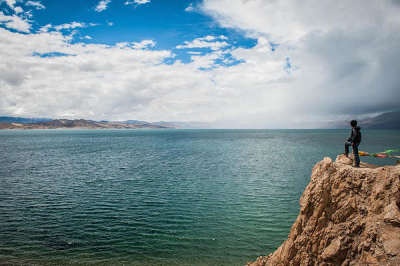
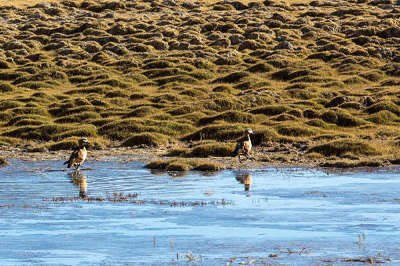


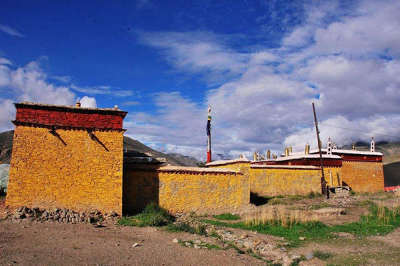

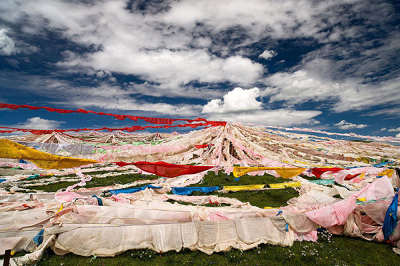
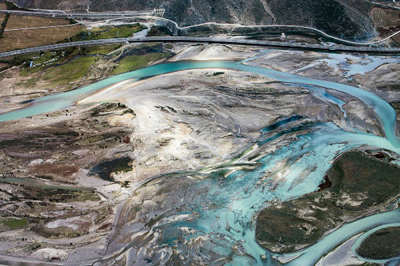

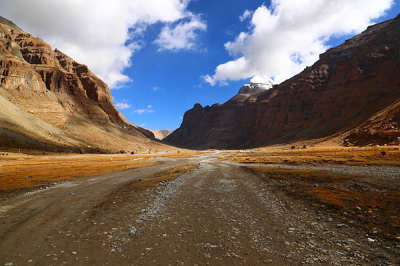
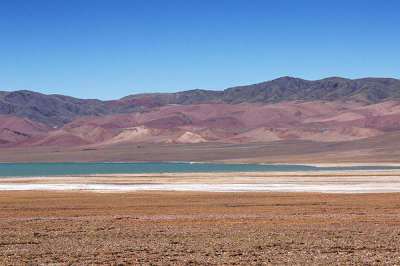

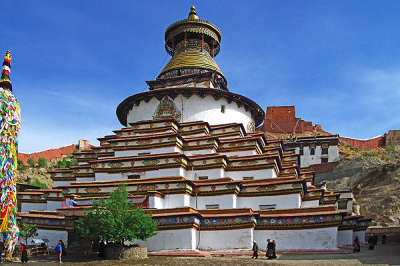
 Data in submission...
Data in submission...